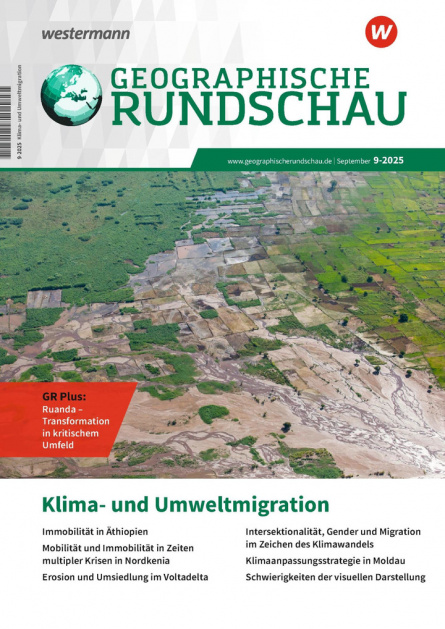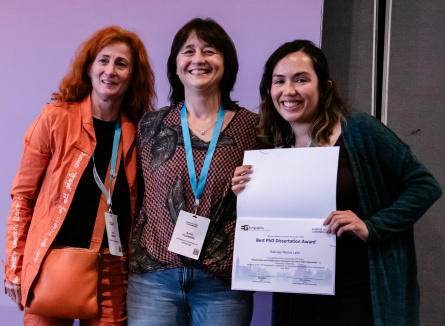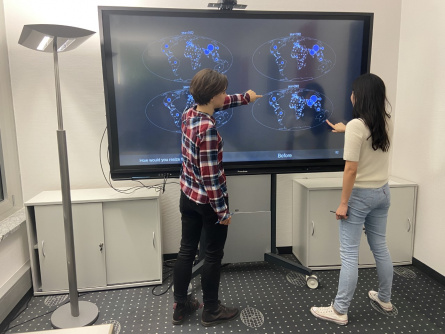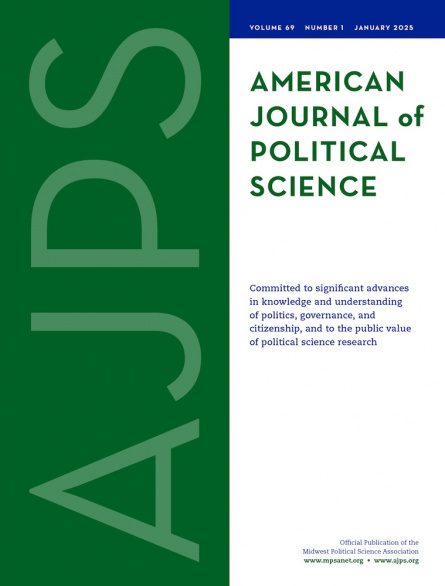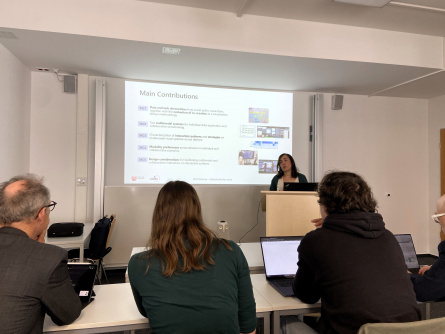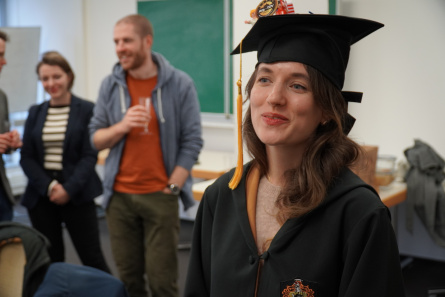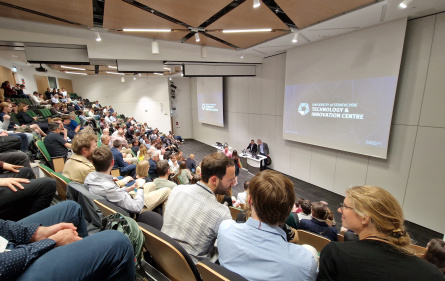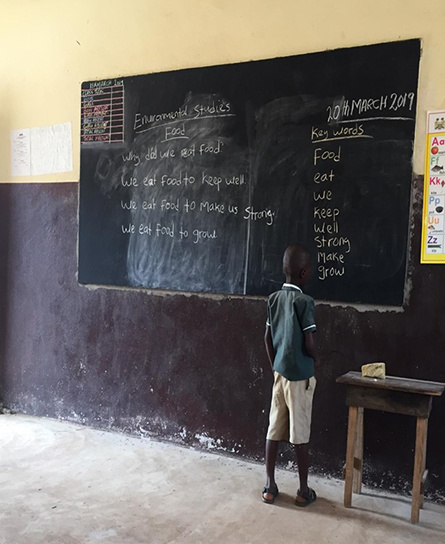"Global Welfare State Information System"With WeSIS, the Collaborative Research Centre (CRC) "Global Dynamics of Social Policy" at the University of Bremen has published an interactive web-based information system. It offers comprehensive data to describe and explain social policy worldwide.
Based on more than seven years of intensive research work involving around 25 researchers, WeSIS, the "Global Welfare State Information System", closes three central gaps. Firstly, from a geographical perspective, because WeSIS contains data and information on the introduction and design of social welfare programs for all countries in the world with over 500,000 inhabitants. Secondly, from a historical perspective, as it provides a data-based representation of welfare state developments since 1880. Thirdly, WeSIS is designed as an interactive information system and is therefore more than just a database: WeSIS offers the opportunity to describe, map, analyze, and explain state social policies worldwide. Currently, the database is based on around 1,300 indicators per country and up to 1,200 indicators per year – and the trend is rising.
"Our unique research profile, which combines a historical and a global comparative perspective, requires consistent research data that covers the introduction of state social policies and their design in terms of the scope and inclusiveness of social benefits, and that reflects their development over time", explains political scientist Professor Herbert Obinger, CRC spokesperson.
Tailored to the Researchers' Needs
Accordingly, the data in WeSIS is divided into three areas: Firstly, data describing social policy programs in the various fields of social policy – from occupational health and safety and old-age security to health systems, family policy programs, and education policy. Secondly, indicators describing national conditions that social policy reacts to or that are influenced by social policies. And thirdly, data on global interdependencies, which also determine the spread and design of social policy.
"From the outset, our goal was to work with researchers in co-creative processes to develop an information system tailored to their needs. As a one-stop data shop, the data required can be accessed from a single source, eliminating the need for time-consuming data merging from different places. Early Access provides initial visualizations, analysis tools, and country profiles with relevant background information, which facilitates the work of researchers and the interested public", says Dr. Nils Düpont, research assistant and research data manager at the CRC 1342.
Funded by the DFG since 2018
Collaborative Research Centre (CRC) 1342 "Global Dynamics of Social Policy" is a network of eight research institutes at the University of Bremen in cooperation with Constructor University Bremen, the University of Bielefeld, and the University of Duisburg-Essen. The CRC 1342 has been supported by the German Research Foundation (DFG) since 2018. The current second funding period will run until the end of 2025.
Further Information:
https://wesis.org/
https://www.socialpolicydynamics.de/en/
https://www.uni-bremen.de/en/
Contact:Prof. Dr. Ivo MossigCRC 1342: Global Dynamics of Social Policy
Mary-Somerville-Straße 7
28359 Bremen
Phone: +49-421-218 67410
E-Mail:
mossig@uni-bremen.de




